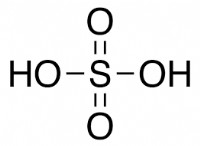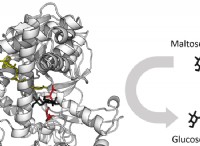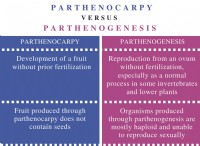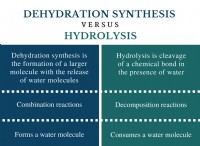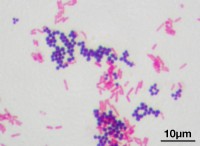1。ポリシーと規制 :環境保護に対する中国のコミットメントと規制を実施する能力が重要な役割を果たします。 Consistent and effective policies that mandate pollution reduction targets, encourage renewable energy, promote energy efficiency, and enforce penalties for violations are essential for sustained progress.
2。構造変化 :中国の急速な工業化と経済成長は汚染に貢献しています。よりクリーンな産業を備えた、より持続可能なサービス指向の経済への移行は、排出量を削減するのに役立ちます。
3。技術の進歩 :Adopting and implementing advanced technologies for emission control, such as renewable energy systems, cleaner production processes, and efficient transportation, can significantly lower pollution levels.
4。一般の意識と行動 :Raising public awareness about pollution's negative impact and encouraging sustainable lifestyles, such as reducing waste, using public transport, and adopting eco-friendly practices, contribute to overall pollution reduction.
5。国際的なコラボレーション :Sharing knowledge, best practices, and technologies with other countries, as well as participating in international agreements on pollution reduction, can aid China's efforts in addressing pollution.
6。経済的コストと利益 :汚染削減措置の費用対効果を慎重に考慮する必要があります。 Balancing economic development and environmental protection is a delicate task, and China needs to find the right equilibrium to ensure sustainable growth.
In summary, China's ability to sustain annual pollution reductions depends on a combination of policy commitment, structural changes, technological advancements, public participation, international cooperation, and economic considerations.これらの要因に継続的に対処することにより、中国はより清潔な空気、水、より健康的な環境の達成に向けて進歩することができます。


